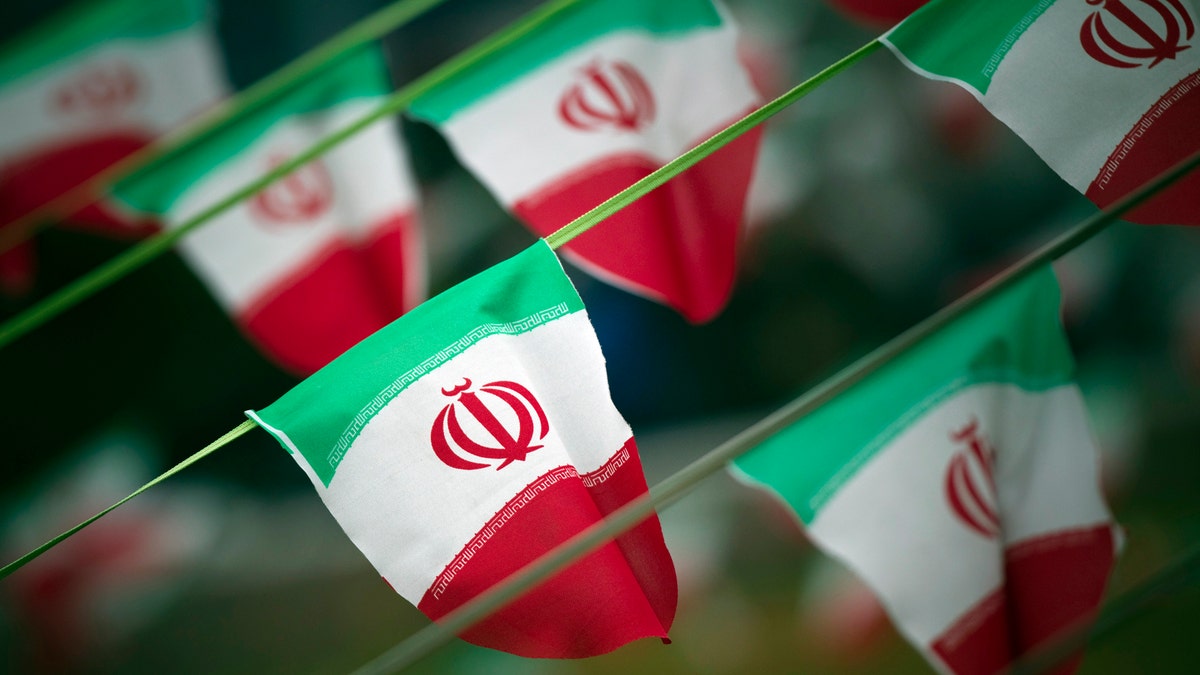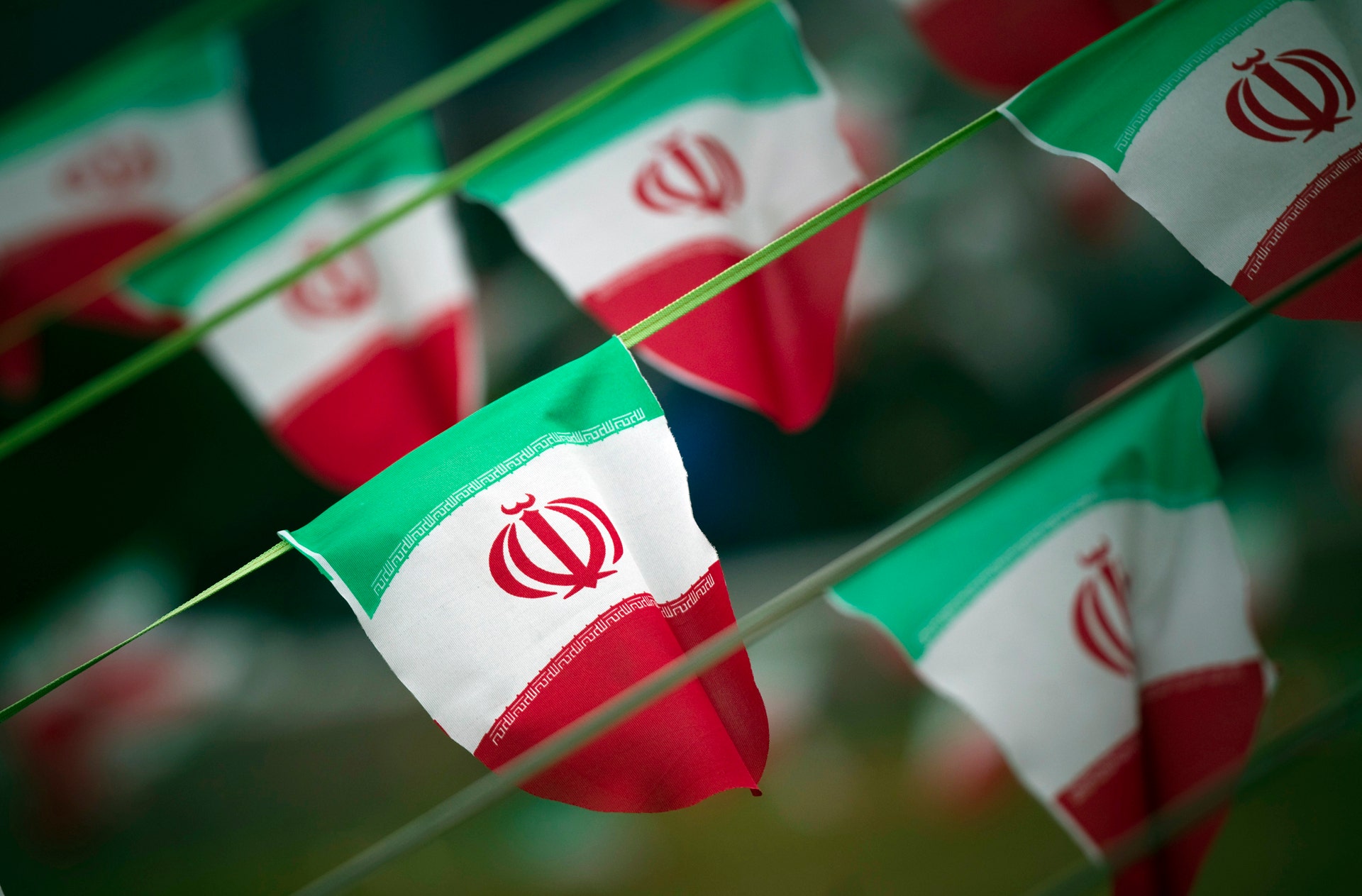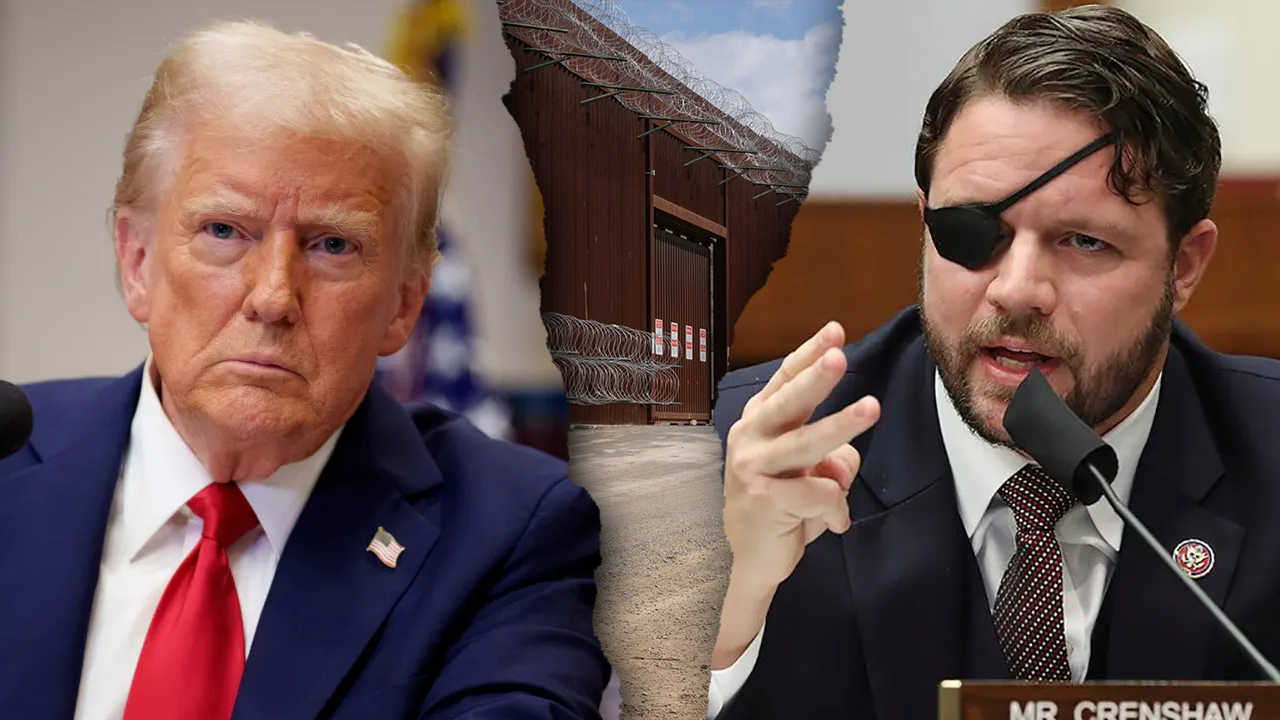
NEWYou can now listen to Fox News articles!
The simmering conflict between Israel and Iran is more than a geopolitical flashpoint—it reflects a historical rivalry stretching back nearly 2,500 years. When the Persian Empire under Cyrus the Great conquered Babylon in 539 BCE, it issued a decree allowing Jewish captives to return and rebuild Jerusalem’s temple. Though that act was viewed as benevolent, it also placed Persia at the center of the region’s civilizational balance. Since then, Persia and Israel have frequently occupied opposing poles of power in the Middle East.
Today, that long arc has reached a perilous apex. A direct Israel–Iran confrontation is underway, and President Trump, appears poised to commit U.S. forces. Bomber task forces and carrier groups are moving into position, and speculation is mounting that America will launch a strike against Fordow—Iran’s most secure nuclear facility. If such a strike occurs, it must be precise and restrained. While Iran’s nuclear threat must be blunted, America’s strategic focus must remain fixed on its greatest rival: China.
WHY US MUST DESTROY IRAN’S FORDOW NUCLEAR FACILITY NOW
Ancient Identity, Modern Stakes
Iran’s self-perception is steeped in its Persian heritage—a deep cultural identity that sees itself not only as a nation but as a civilizational anchor of the region. Though the Islamic Republic has distanced itself from pre-Islamic monarchy, it still invokes the legacy of Persian greatness. This fuels a deeply rooted view that Iran—not the Arab world or the West—is the rightful power broker of the Middle East.
That mindset helps explain Iran’s nuclear ambition. The regime believes regional leadership and deterrence demand atomic capability. This view is not merely ideological—it is strategic, historical, and, in Tehran’s eyes, just.
Fordow: The Nuclear Redoubt
The Fordow Fuel Enrichment Plant is buried deep—some 80 meters under Mount Alvand, near Qom. It houses IR-6 centrifuges and is shielded against conventional strikes. While Israel has conducted attacks on Natanz and Esfahan, Fordow remains intact—untouched in part because only the United States possesses the GBU-57A/B “Massive Ordnance Penetrator” capable of reaching it.
HOW CLOSE WAS IRAN TO A NUCLEAR WEAPON BEFORE ISRAEL’S STRIKE ON TEHRAN?
If the U.S. acts, it must be to eliminate Fordow and set back Iran’s breakout timeline significantly. But it must do so with clear limits.
Iran Will Strike Back
No one should assume that Iran will capitulate after a single strike—even a successful one. Ayatollah Khamenei has already warned, “The battle has just begun.” Iran retains the means to retaliate: proxy militias, ballistic missiles, cyber warfare capabilities, and naval forces prepared to strike U.S. assets and disrupt oil flows in the Strait of Hormuz. The regime’s Revolutionary Guards and domestic intelligence apparatus are loyal and brutal—so hopes of a popular uprising in the wake of a strike are, for now, unrealistic.
Thus, a military operation must be seen not as a war-ending blow, but a time-buying maneuver.
Strategic Discipline: Follow Israel’s Lead
Israel’s primary goal is not regime change, but to deny Iran nuclear weapons capability. Israeli Ambassador Yechiel Leiter recently stated, “The entire operation… really has to be completed with the elimination of Fordow.” That clear, narrow mission should also be the U.S. objective.
ISRAEL’S WAR WITH IRAN IS A GLOBAL FLASHPOINT. AMERICA MUST LEAD BEFORE IT SPREADS
America should support Israel with logistics, surveillance, munitions, and deterrence—but avoid entangling itself in a broader regional war. Any strike must be followed by verifiable proof—seismic signatures, ISR evidence, and ideally IAEA confirmation—that Fordow is inoperable. Without that, the mission lacks strategic and political clarity.
China Remains the Pacing Threat
All the while, the United States must remember this: Iran is a regional actor with limited global reach. China is a peer competitor with global ambition. The U.S. National Defense Strategy has repeatedly identified China as the pacing threat to U.S. global primacy—in technology, trade, cyber, and military strength.
Xi Jinping is watching closely. A prolonged U.S. entanglement in the Middle East is precisely the kind of strategic distraction China hopes for. The Indo-Pacific remains the theater where America’s future will be decided. Allowing a secondary conflict to drain U.S. bandwidth plays directly into Beijing’s hand.
The Real Mission: Contain, Don’t Convert
Regime change in Iran is not achievable through airpower alone, and it is not necessary to achieve our strategic aims. Washington must be content to degrade Iran’s nuclear capacity, isolate the regime diplomatically, and fortify its regional allies.
Deterrence must be reestablished through credible action—not open-ended intervention. Let the U.S. strike, when necessary, but not stay longer than required. Let Fordow fall, but let American strategy remain focused on China.
CLICK HERE FOR MORE FOX NEWS OPINION
Consequences of Inaction
The alternative—doing nothing—has grave implications. A nuclear Iran would shift the balance of power, embolden its proxies, and trigger proliferation in Saudi Arabia, Egypt, and Turkey. Tehran would hold Tel Aviv hostage, threaten U.S. bases, and nullify American deterrence. Inaction sends a signal: U.S. red lines are negotiable. That would ripple far beyond the Middle East.
Conclusion
Iran’s nuclear ambition is rooted not just in military calculus, but in a civilizational memory—one that casts Iran as the heir to ancient Persia’s regional dominance. Israel, born from exile and forged in conflict, sees its very survival at stake. The United States must support its ally—but on clearly defined terms.
CLICK HERE TO GET THE FOX NEWS APP
We can and should eliminate Fordow. We can endure Iran’s response. But we must not lose sight of the greater contest. America’s future will not be shaped by the mountains of Qom, but by the islands of the South China Sea.
Let history remember: we struck hard, struck smart, and remained focused. Fordow may fall—but our eyes must stay on China.
CLICK HERE TO READ MORE FROM ROBERT MAGINNIS








